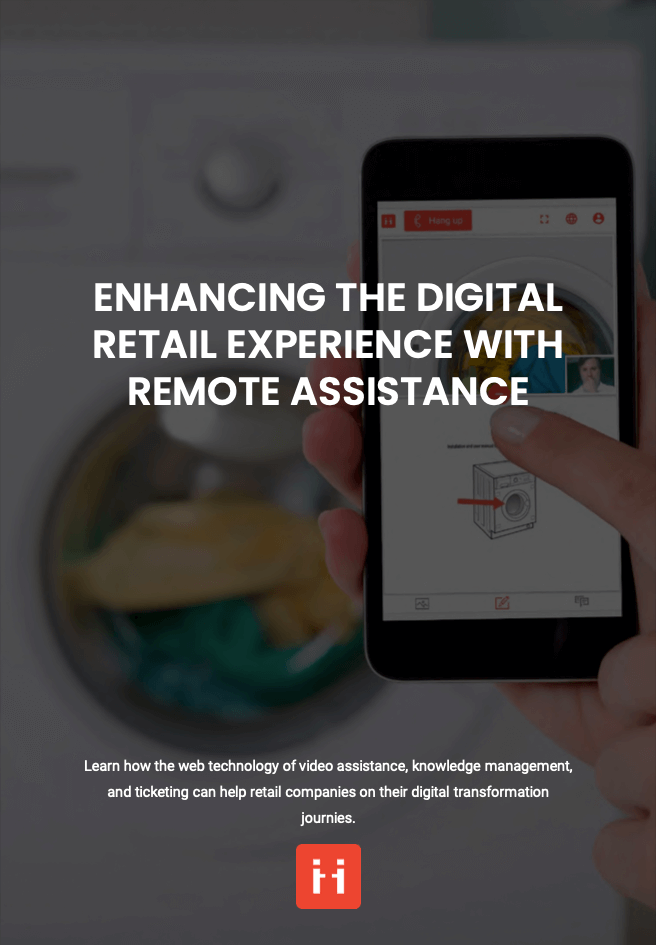
Share this article
Share this article
In today’s saturated market driven by innovation and networking, companies from all industries are constantly coming up with new, unique ways to gain interest from the public and turn them into potential customers. Establishing a loyal customer base with those who are passionate about your brand is thus crucial to hold a strong position in the market arena. But before you do that, you need to define the concept of brand loyalty, and decide which practices to adopt – or avoid – to achieve it. We will highlight all you need to know about brand loyalty.
Let’s start with explaining brand loyalty, also referred to as customer loyalty. Simply put, brand loyalty is an act of repeated purchasing, though it can also be defined as a commitment to the brand, as well as conscious preference despite the price. It all starts with creating a bond between a customer and your company, which can then evolve into a long term business relationship. Customers base their loyalty on an emotional connection with a brand that not only matches their interests and needs but also stands for their personal values. Such strong, bilateral relationships promote the expansion of your core customer base, can help you grow your business, as well as carry its performance beyond its competitors. Additionally, utilizing a professional logo maker can play a crucial role in establishing a memorable brand image.
However, loyalty is not something you can gain in an instant or without putting in any effort. It rather takes time and a well-thought-through strategy to build brand loyalty and long-lasting relationships with your customers. You have to earn it and there are many ways to do it right – be it through excellent customer service, strong brand authority, an active digital presence, an attractive loyalty rewards program, or positive emotional relationships with already existing customers. What brand loyalty signals, is that those in your customer base put enough trust in you and your business that they choose to stay loyal to your products and services, despite competitors’ marketing efforts and similar offers.
Customer loyalty can bring you and your business many benefits. Most importantly, if your company can praise itself for having strong brand loyalty it means you have a core customer base that is less likely to get influenced by the marketing efforts of competitors – hence you can worry less about others outshining you on the market arena. It is worth noting that only 8% of global consumers say they are loyal to brands or products they have bought before – the rest is more likely to switch to a different brand after the purchase. It is thus important you plan your marketing and customer strategy accordingly to gain customer’s trust, build brand loyalty, and make it to the top.
Those loyal customers also have a grave impact on your business expansion and exposure to other potential customers, who can join your loyal customer base if done right. How is it possible? If a customer is happy with a service and the customer experience provided by the company, they are much more likely to spread the positive word about their overall satisfaction and their will to keep using the same service in the future to those around them. Through brand loyalty, they naturally become brand ambassadors and exercise personalized word-of-mouth marketing communication. Nowadays, as many as 59.3% of loyal shoppers say they will refer their friends and family to brands they love. Additionally, 81% of customers trust such recommendations from friends and family members, much more than those they find online or that come directly from companies themselves.
Apart from being a great marketing tool that could bring you more new clients inboard, brand loyalty can also positively affect business expansion, as it has been noted that 43% of customers are spending more money on brands they’re loyal to. What’s more, customers who are subscribed to reoccurring loyalty programs spend between 12-18% more per year than non-loyalty program members. It is thus crucial to retain that brands that do not put their existing customers first and do not focus on promoting brand loyalty to turn their new customers into returning ones are more likely to lose on revenue gains and potential growth.
It is also worth remembering that a customer retention strategy is also the most sustainable and cost-effective way to reach utmost success. Why is that? The answer is simple – it costs 5 times more to acquire a new customer than it does to retain a returning one.

To gain your customers’ trust and retain them, you must place emphasis on building customer relationships through providing excellent customer service and delivering valuable support whenever it might be needed. Think about this – 42% of customers have stated that they are more willing to stop using services of companies without a real-time support system, be it an active contact center, a live chat feature, or a virtual video assistance system. Similarly with social media, brands with a strong online presence and engagement are less likely to lose customers due to negative customer experiences.
An established and regularly maintained brand authority is key – in fact, its lack can cause your brand loyalty to decrease, as 68% of customers tend to stop using a company if they feel it doesn’t care about their business and brand identity.
Customers also want to be engaged with and appreciated for their loyalty. This could take many forms, from a more personalized customer service experience to coupons for future purchases, or a scheme of points they can redeem and turn into prizes. Consequently, over half of the customers are more likely to switch to a different company if the one they have been using fails to deliver such engaging content.
Once your brand has earned the loyalty of your customers, you should focus on maintaining the high quality of your products and services. To prevent the loss of existing customers and the decrease of your brand loyalty, remember to continuously monitor trends in your industry. If you stay informed about customer demands, you can continue to earn their loyalty.
This one is simple and straightforward – if a customer finds their overall customer experience was of low quality, and they leave unsatisfied, they will probably not return to use services from the same company again. In fact, more than half of customers indicated that they stopped doing business with a company immediately after a bad sales and marketing experience. Apart from that, they are also more willing to spread negative opinions about the business, either to peers or online.
Brand loyalty can bring many important benefits to your business, such as strong customer base expansion, a steady increase in your company’s profits, and promotion of business stability. Evaluate your strengths, work on the weaker points of your business, and you’ll notice that the increased levels of customer satisfaction will promote stronger brand loyalty and boost your business performance.